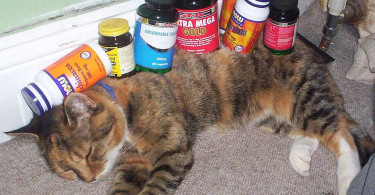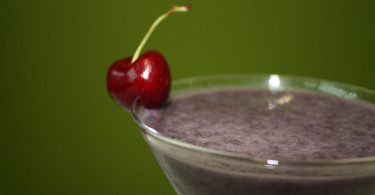Is there any evidence that vitamin supplements benefit a healthy person? You’ve heard me ask...
Supplements
Herbal supplements may not be what you think they are
The New York State Attorney General’s office just issued a press release revealing that many...
Supplements: John Oliver vs. Dr. Oz
For decades now the dietary supplement industry has been marketing magic, and the comedian John...
Muscle matters, but protein shakes matter much less
I’d like to offer some advice on protein shakes. It’s a great thing to be building your...




